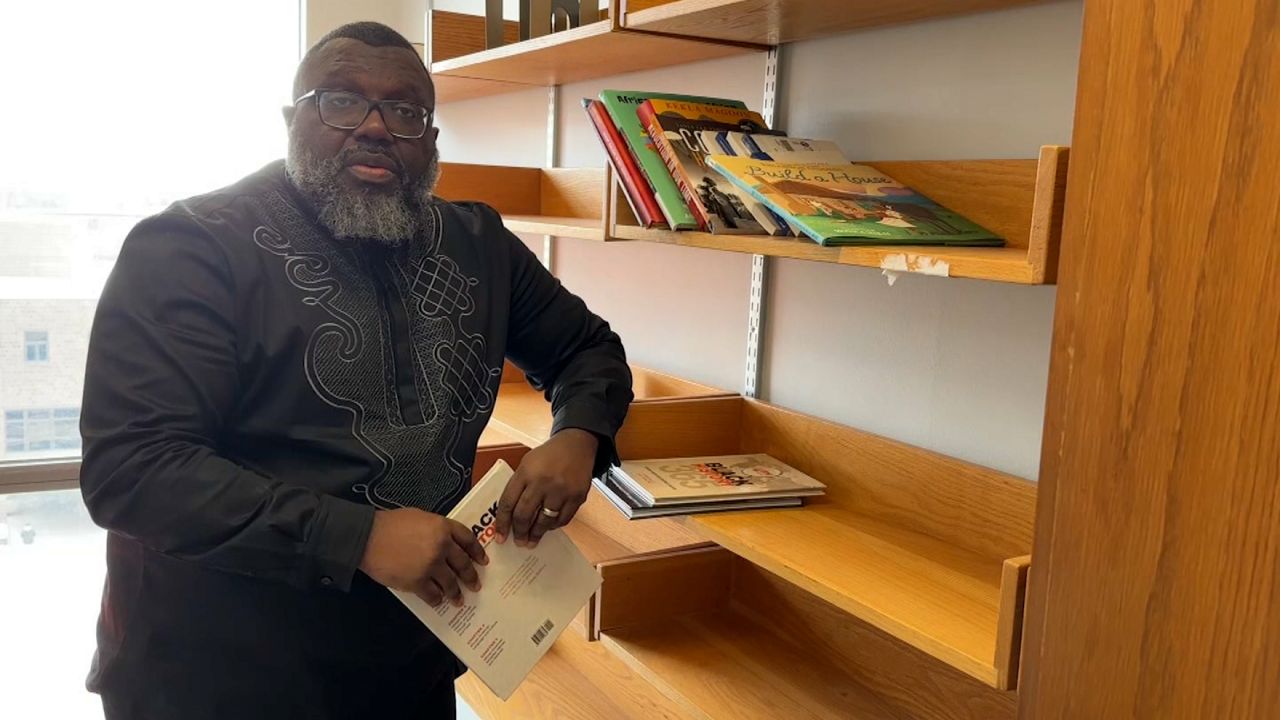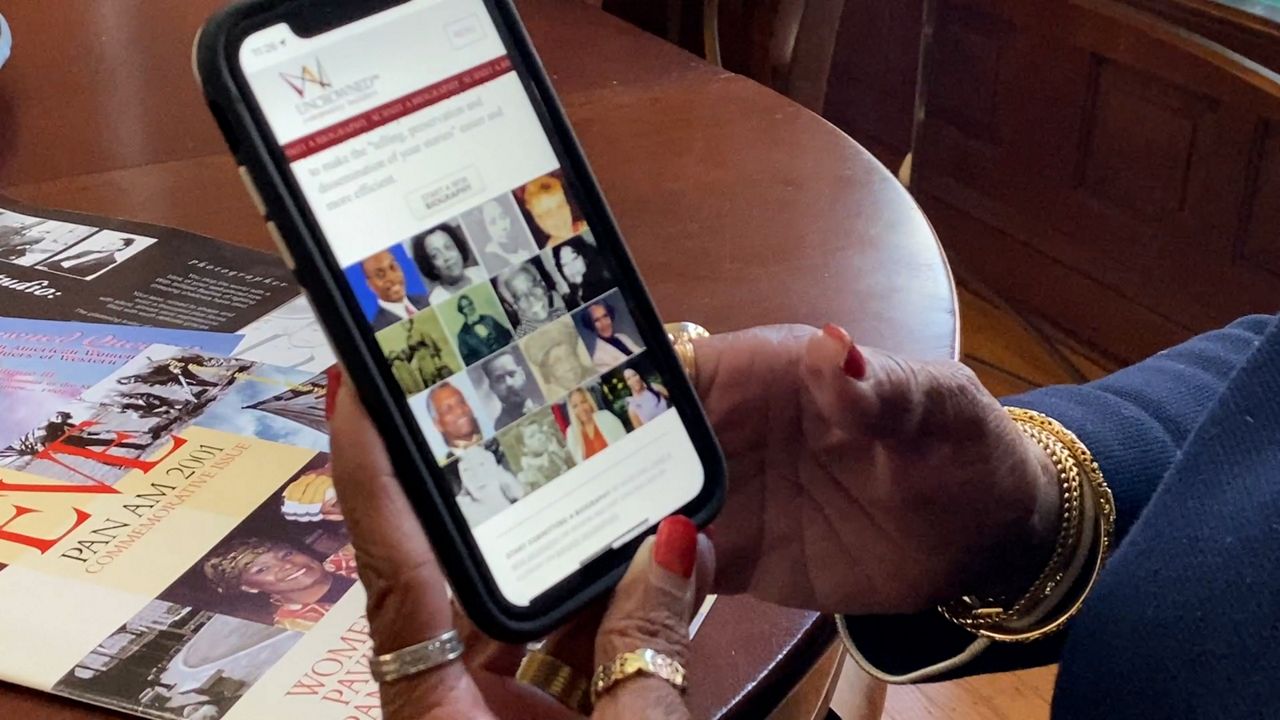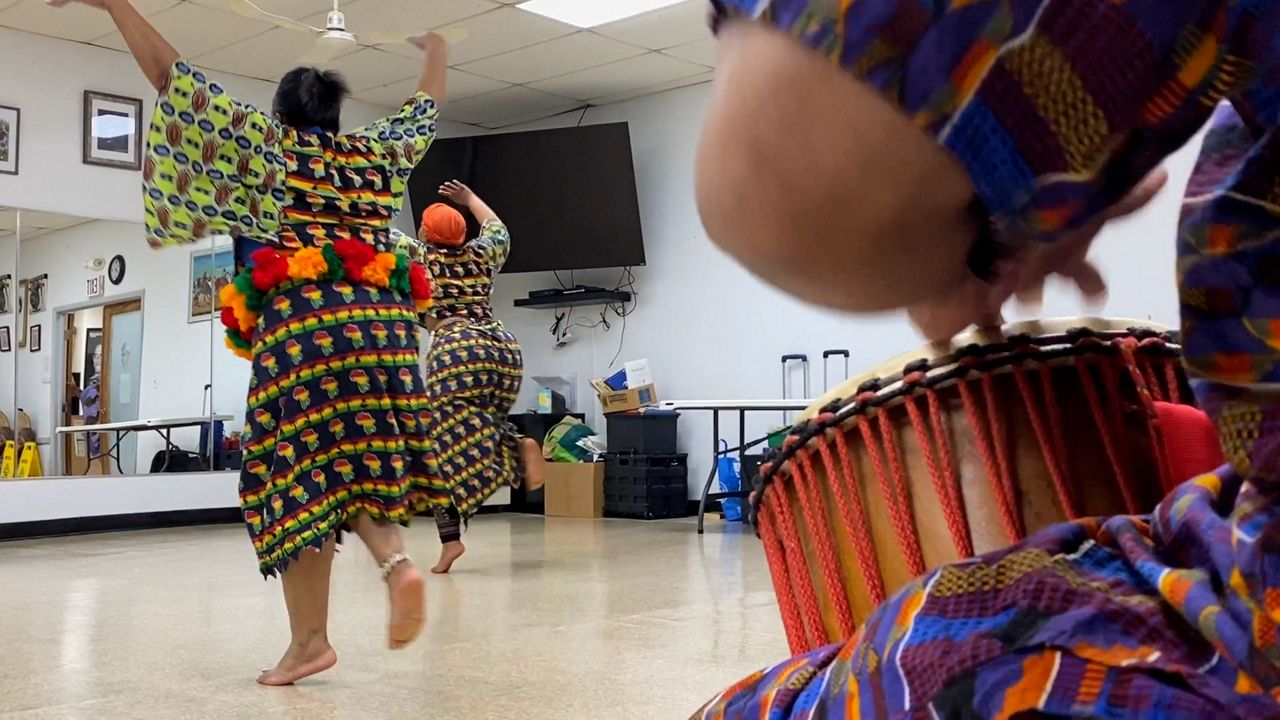Dr. Cory Hunter grew up listening to gospel music. His roots in the Black church inspired him to become a minister and eventually, he started studying the gospel music he grew up listening to.
“While I was in grad school, is when I began to notice that there weren't a lot of books per se,” Dr. Hunter, from the Aenon Missionary Baptist Church Rochester, said. “There wasn't a lot of scholarship written on gospel music. You know, there was a lot of jazz, there was a lot of them, plenty of other genres, but not a lot on Black gospel.”
It’s a topic he’s studied for ten years, publishing an article about it in the Musical Quarterly last year. During his research, Dr. Hunter noticed what he calls ‘racial oneness’ emerging in gospel music.
“They're often saying if there's no diversity or if there's no racial distinction in heaven, then we should not have those distinctions on earth,” he said. “Right? So they use all of this and incorporate it into their music.”
In his article, Dr. Hunter says the lack of racial distinction in gospel music helps artists have a wide market appeal. But it also risks erasing gospel’s Black roots and the history it has in its Black churches.
“They’re using the racial reconciling narratives while also using that as a replacement of the Black gospel choir, as a replacement, or neglecting, of certain elements of Black history that need to continue to be taught in Black church,” he said.
The reception from hose in Black churches to Dr. Hunter’s work is positive. And as for the future of gospel music? Dr. Hunter says Black gospel choirs aren’t going away.
“I think we're going to have more of the sort of multicultural message in gospel music,” he said. “But I also think that churches and gospel music, I think they're also starting to transition back to embracing the Black gospel choir and hymns and things that have really been special and unique to the Black church.”









